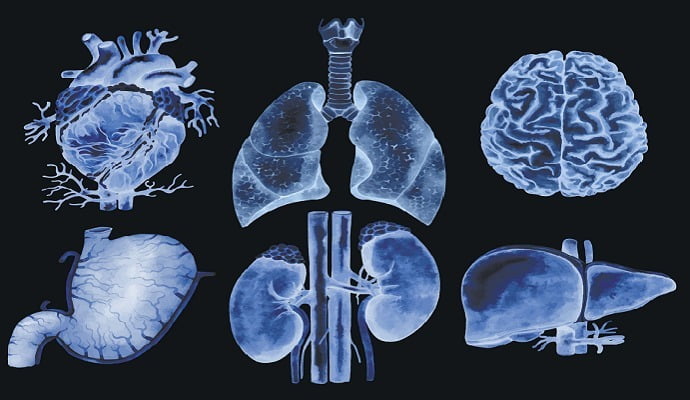Understanding Organ Transplant Rejection and Strategies for Prevention
Introduction
Organ transplantation has revolutionized modern medicine, offering hope and a new lease on life for individuals suffering from end-stage organ failure. However, the success of organ transplantation is not without its challenges. One of the most significant obstacles is the risk of organ transplant rejection. In this article, we will delve into the intricacies of organ transplant rejection, its causes, and explore strategies to prevent it.
What is Organ Transplant Rejection?
Organ transplant rejection occurs when the recipient’s immune system recognizes the transplanted organ as foreign and mounts an immune response against it. The immune system’s primary function is to protect the body from harmful invaders, such as bacteria and viruses. Unfortunately, it can also perceive transplanted organs as foreign and attempt to eliminate them.
There are three main types of organ transplant rejection:
- Hyperacute rejection: This type of rejection occurs immediately after transplantation and is usually the result of pre-existing antibodies in the recipient’s blood. It is a rare occurrence due to meticulous pre-transplant screening.
- Acute rejection: Acute rejection typically happens within the first few months after transplantation. It is the most common form of rejection and can be managed with immunosuppressive medications.
- Chronic rejection: Chronic rejection is a long-term process that can occur months or even years after transplantation. It is characterized by the gradual deterioration of the transplanted organ and is often resistant to treatment.
Causes of Organ Transplant Rejection
Several factors contribute to organ transplant rejection:
- Human leukocyte antigens (HLAs): HLAs are proteins found on the surface of cells that help the immune system distinguish between self and non-self. A close match between the donor and recipient HLAs reduces the risk of rejection.
- Immunosuppressive medications: Non-compliance with immunosuppressive medications can increase the chances of rejection. These medications help suppress the immune response and prevent rejection.
- Donor-recipient compatibility: The closer the match between the donor and recipient in terms of blood type, tissue type, and other factors, the lower the risk of rejection.
- Prior sensitization: If the recipient has previously been exposed to the donor’s tissue, such as through a previous transplant or blood transfusion, the risk of rejection may be higher.
Preventing Organ Transplant Rejection
Preventing organ transplant rejection requires a multi-faceted approach:
- Immunosuppressive medications: The cornerstone of preventing rejection is a carefully tailored regimen of immunosuppressive medications. These medications suppress the immune response, reducing the risk of rejection. Adherence to the prescribed medication schedule is crucial to ensure optimal outcomes.
- Close monitoring: Regular follow-up visits with the transplant team allow for close monitoring of the recipient’s health and the transplanted organ’s function. Any signs of rejection can be detected early, enabling prompt intervention.
- Lifestyle modifications: Adopting a healthy lifestyle can significantly improve the chances of a successful transplant. This includes maintaining a balanced diet, engaging in regular physical activity, avoiding tobacco and excessive alcohol consumption, and managing stress.
- Education and support: Providing comprehensive education and support to transplant recipients and their families is vital. This includes information about medication management, recognizing signs of rejection, and accessing resources for emotional and psychological support.
- Advancements in transplant technology: Ongoing research and advancements in transplant technology aim to improve outcomes and reduce the risk of rejection. These include innovative techniques such as desensitization protocols and the development of new immunosuppressive medications.
Conclusion
Organ transplant rejection remains a significant concern in the field of transplantation. However, with advancements in immunosuppressive medications, close monitoring, and a comprehensive approach to patient care, the risk of rejection can be minimized. By understanding the causes of rejection and implementing preventive strategies, we can enhance the success rates of organ transplantation and improve the quality of life for transplant recipients.

